Don’t let pests take over! Learn how to identify pest problem early by recognizing these 10 tell-tale signs.
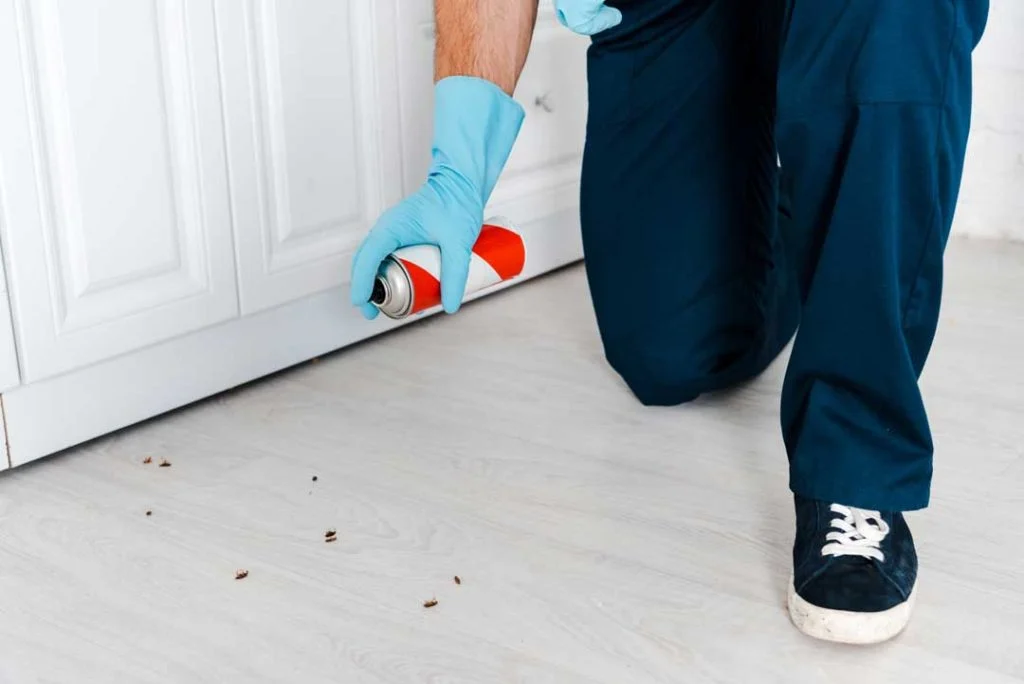
Pests have different personalities.
Some critters delight in being in the spotlight. They’ll majestically crawl up to you or flit above your head, almost as if to announce their presence.
Others prefer to fly under the radar. These pests will only venture from their hideouts under darkness or if their surroundings become whisper-quiet.
But despite their varied personalities, all pests have one fundamental similarity – their destructive nature. Some are also vectors of deadly diseases, while others are highly venomous.
Early Pest Detection: Signs You Shouldn’t Ignore
The most effective way to prevent pest infestation is by undertaking routine inspections. In this post, we explore the tell-tale signs that unwanted critters have invaded your property.
1. Droppings
Animal droppings are a sure indication of pest infestation in your property. That’s especially if the poop turns up inside your house.
Rodents are known to leave a significant amount of poop in their living spaces. Look for tiny rice-shaped droppings, particularly in hidden areas like cabinets and crawl spaces. In the case of more minor pests (such as cockroaches and termites), the droppings would be equally tiny.
Either way, evidence of poop in your living space is sufficient justification to contact Greenleaf Pest Control. The company will schedule a comprehensive probe to uncover the types of pests involved and the extent of infestation.
2. Tracks
Pests often travel along familiar routes, especially in confined areas. They utilize their acute senses of smell to identify paths that have been used by their kind before.
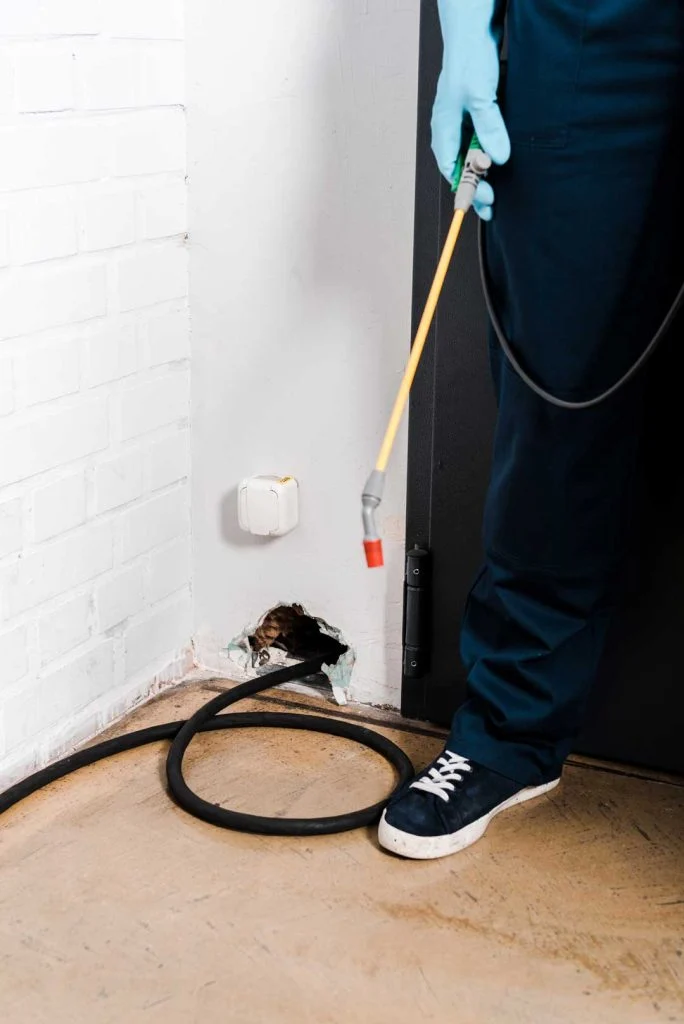
This locomotory pattern allows pests to leave visible grease marks along their standard tracks. Inspect your walls, floors, baseboards, and backyard for unfamiliar smudging.
For outdoor pests that occasionally wander into the house, you may notice grease tracks along the doorway or window openings.
3. Body Parts
Most insects mold. If these critters have inhabited your property long enough, it won’t be long before you notice molted parts like wings and egg casings.
Molting is especially common in cockroaches, beetles, and bed bugs.
Smaller pests have a relatively short lifespan, too. Therefore, you may stumble into whole-body parts during your routine house clean-up.
4. Strange Noises
Hearing strange noises at night is another tell-tale sign that you’re sharing your property with unwelcome guests.
Keep your ears out for scratching and scurrying sounds indicative of rodents. Mild hisses and chirps often suggest the presence of cockroaches, while more pronounced hissing is evidence of snakes.
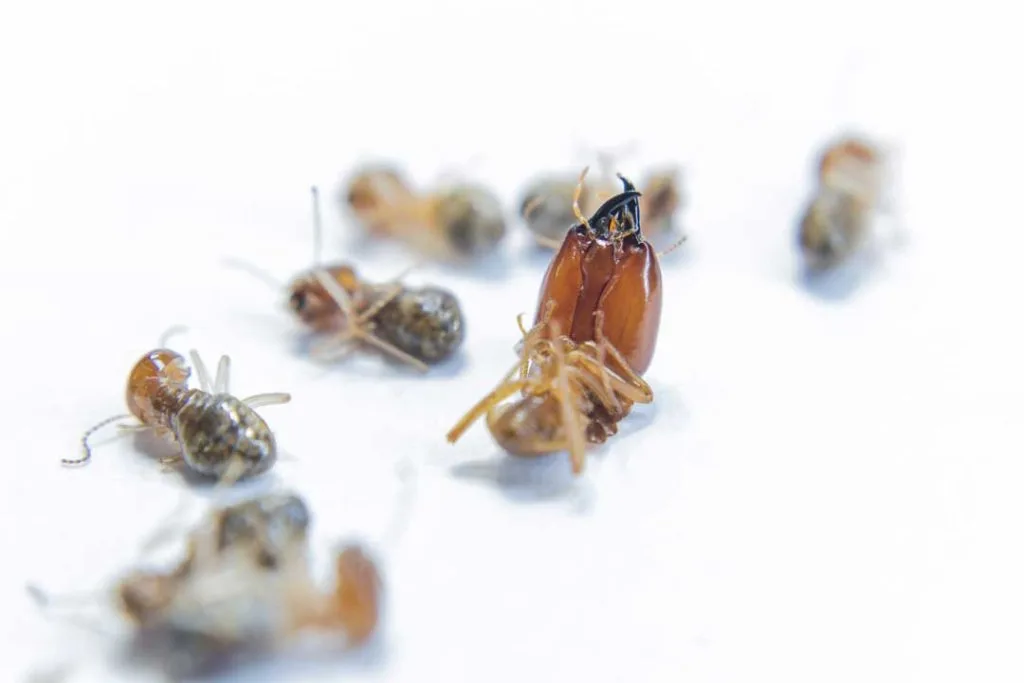
A good practice is to contact a pest control company when you detect strange noises in your property.
5. Unusual Odors
Unusual smells can be a reliable indication of pest infestation. Much of the odor usually comes from urine and feces.
So, pay attention to a distinctive ammonia-like or musty smell. However, pest odors tend to be more pronounced in empty rooms. Contact a licensed pest exterminator for a more comprehensive probe.
6. Gnaw Marks
Not all pests will gnaw on your precious valuables. But for those that do, this is often one of the first hints of their presence.
Examine your electrical cables, furniture sets, and upholstery for chew marks.
For outdoor pests like squirrels and raccoons, check for gnaw marks on tree stumps, wood piles, and even trash cans.
7. Nesting
Spotting a nest in your property not only indicates a pest presence but also confirms that the animal has been around long enough to feel at home.
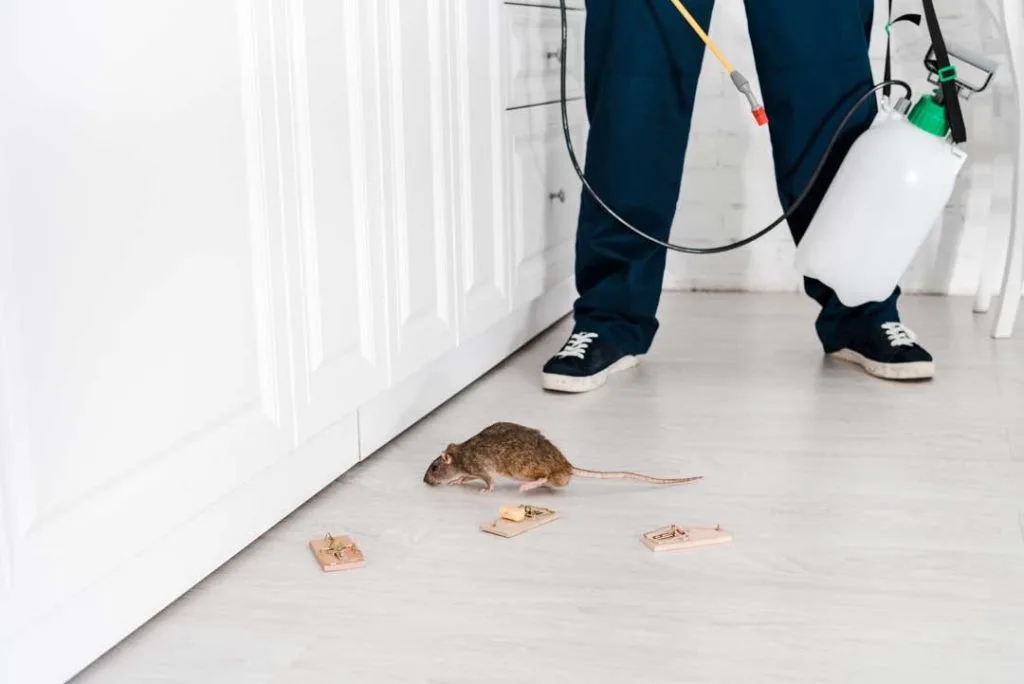
Nesting materials range from shredded cardboard to paper, fabric, and plant foliage. It all depends on the pest you’re dealing with.
When seeking out pest nests, focus your inspection on the basement, attic, garage, and crawl spaces.
8. Plumbing Problems
In their quest for water, pests may slip into cracked or open plumbing pipes and nest in these areas.
A build-up of pests in your plumbing systems will eventually clog the pipes, leading to costly repairs. If your water pipes and drains suddenly get blocked every other week, that’s a sign they could be harboring some critters.
9. Holes in Clothing
Pests like clothes moths are drawn to natural fibers, particularly wool.
If allowed to breed in your home, it won’t be long before you notice small holes in your precious woolen garments.
Although most species of moths are harmless to humans, their attraction to clothing makes them exceptionally costly to have around.
10. Rotting Wood
Prolonged exposure to moisture is the leading cause of wood damage. But in the absence of water, pests are often the biggest culprits.
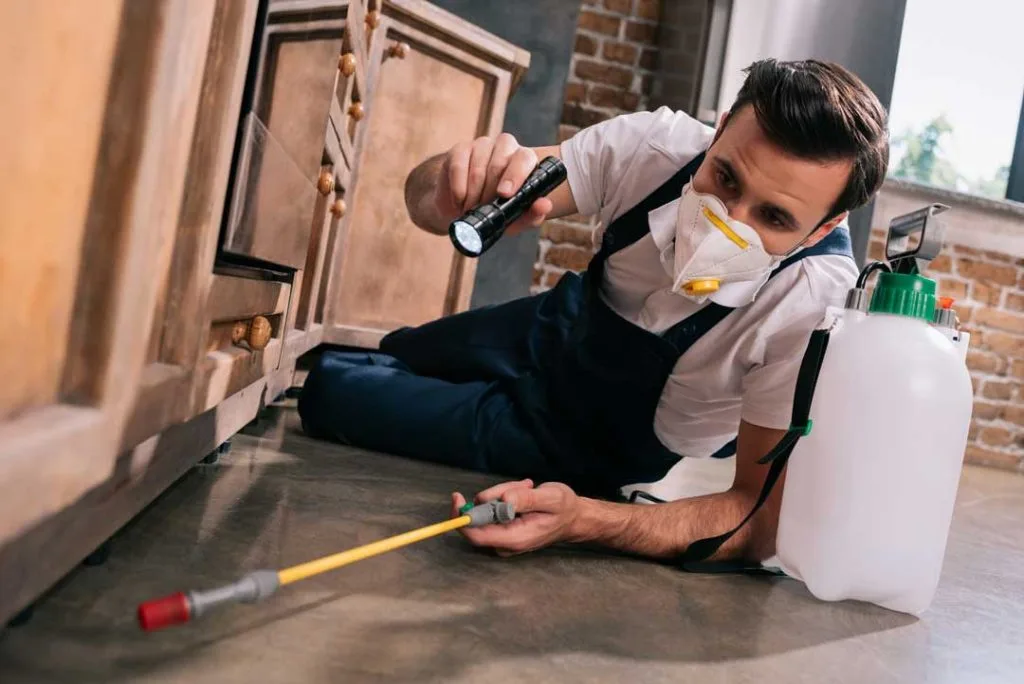
Interestingly, wood-loving pests are inherently drawn to already compromised wooden materials. So, it’s best to conduct routine home inspections and renovate damaged wood.
Rotting, crumbling, and discoloration indicate wooden structures that have seen better days.
Stop Infestations: How to Identify Pest Problems
Routine inspection is the secret to forestalling pest infestation. As most pests are remarkably effective at covering up their tracks, professional assistance is critical in identifying their presence.
Seek out companies that are in tune with pest control best practices. Then, aim for at least one comprehensive pest inspection annually.
You could vary the frequency depending on the prevalence of pest infestation in your local ecosystem.

Jessi is the creative mind behind The Coffee Mom, a popular blog that combines parenting advice, travel tips, and a love for all things Disney. As a trusted Disney influencer and passionate storyteller, Jessi’s authentic insights and relatable content resonate with readers worldwide.
